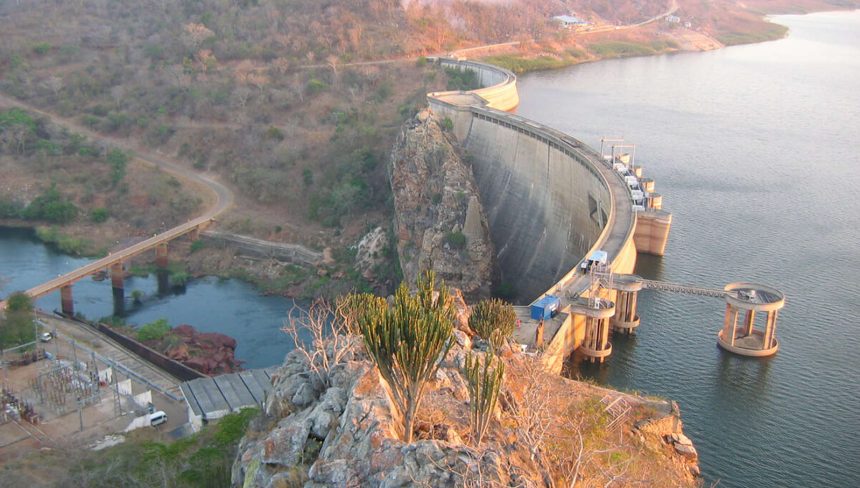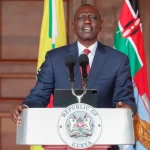Mozambique is set to terminate a 50-year hydropower supply agreement with South Africa’s state-owned electricity utility, raising risks for the continent’s most industrialized economy and jeopardizing the future of Africa’s second-largest aluminium smelter.
- Mozambique is set to terminate a 50-year hydropower supply agreement with South Africa’s state-owned electricity utility.
- The country plans to redirect the 1,150 megawatts of power it currently sells to South Africa from its Cahora Bassa plant for domestic use
- The decision poses a challenge for South Africa, which is contending with power cuts affecting economic growth.
According to Mozambique’s yet-to-be-published energy transition strategy, the country plans to redirect the 1,150 megawatts of power it currently sells to South Africa from its Cahora Bassa plant for domestic use, media reported.
“The main short-term hydro priority is the repatriation of electricity from Hidroelectrica de Cahora Bassa currently exported to South Africa” when the contract ends on Dec. 31, 2030, the government said in the strategy document.

The decision poses a challenge for South Africa, which is contending with power cuts affecting economic growth, and South32 Ltd., the operator of the Mozal aluminium smelter near Mozambique’s capital, Maputo, which uses electricity bought from South African utility Eskom Holdings SOC Ltd.
South32 needs about 900 megawatts of electricity for Mozal’s output of aluminium, which the company markets as having been made with clean energy.

However, due to the lack of a national grid connection in Mozambique, Mozal, with its 345,000-ton production last year, cannot receive a direct power supply from Cahora Bassa.
Instead of directly supplying Mozal, the 2,075-megawatt Cahora Bassa plant, the third-largest hydropower facility in Africa, transmits electricity over 1,400 kilometres (870 miles) of transmission lines to Eskom in South Africa. Eskom then sells the power to Mozal.
The sales arrangement has been in place since 1979 when the last of the turbines was completed.
“HCB’s electricity is cheap and clean,” the government said in the strategy document. “Important decisions will have to be made regarding HCB’s clean-energy trading end-destination.”
Mozambique plans to push for its renewable energy to be used in industrial parks to add value to its production of so-called green minerals such as lithium and graphite.
Eskom said it’s unaware of the desire to not renew the contract.
If the contract is not renewed, Eskom may have to seek power from alternative sources, and South32 will need to find another electricity source, preferably from renewable sources.








